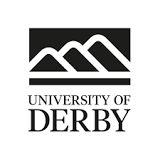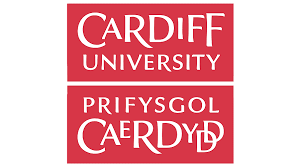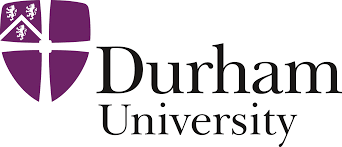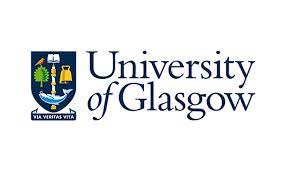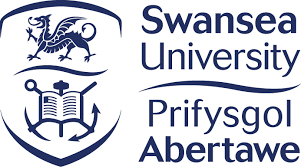Supporters
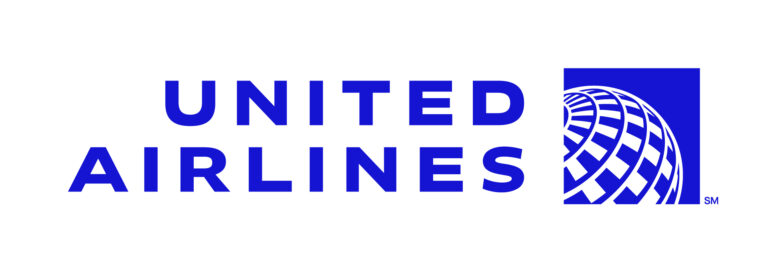
United Airlines
United is the largest airline in the world, as measured by available seat miles and traffic. Our 100,000+ employees help 175 million customers get to more than 360 destinations across six continents each year. United is the leading carrier across the Atlantic and Pacific, offering direct flights to international cities in Asia and Australia, Europe, Latin America, the Middle East and Africa. As part of our United Next growth plan, we hired more than 11,000 employees in 2024 and expect to take delivery of hundreds of new planes through 2032, the most among U.S. carriers.

Dangoor Education
Dangoor Education provides opportunities across the learning spectrum with sponsorship of Westminster Academy, Open University Massive Open Online Courses, STEM university scholarships, the Dangoor Centre for Medical Education at the Royal Society of Medicine and the Dangoor Centre for Personalised Medicine at Bar Ilan University. Dangoor Education’s sponsorship of the UK Space Design Competition builds on the fantastic legacy of Sir Naim Dangoor, who supported the Competition for a number of years.

BlueSpark Foundation
BlueSpark Foundation is a registered charity which supports the education and development of children and young people by providing grants for educational, cultural, sporting and other projects.

The UK Space Agency
The UK Space Agency has been a generous supporter of the UK Space Design Competition and Galactic Challenge since 2013.
They are at the heart of UK efforts to explore and benefit from space. The UK’s thriving space sector contributes £9.1 billion a year to the UK economy and directly employs 28,900 with an average growth rate of almost 7.5%.
The agency provides funding for a range of programmes such as the National Space Technology Programme and works closely with national and international academic, education and community partners.

Didymus
Didymus is a small, grant-making charity. Our funding helps organisations in England, Wales, Africa and South America to promote:
- Social inclusion
- Education
- The arts
- Equality and diversity
- Religious understanding

Garfield Weston Foundation
For 60 years the Trustees of the Garfield Weston Foundation have supported local charities across the UK. These small to medium organisations are often un-sung champions doing important work to keep our communities connected.

Astrobiology Society of Britain
The Astrobiology Society of Britain is a learned society dedicated to the understanding and advancement of astrobiology in the United Kingdom. The organisation is affiliated with NASA.

Global Space Design Challenge
Global Space Design Challenge (GSDC) is an intensive residential summer programme for students from around the world. It offers you the chance to learn from experts from industry and academia. Profits from the program are donated to the Galactic Challenge, the UK and EU Space Design Competition through the Space Science Engineering Foundation.

Rolls-Royce
Rolls-Royce pioneers cutting-edge technologies that deliver the cleanest, safest and most competitive solutions to our planet’s vital power needs. We create the world’s most eco-friendly ships, power nuclear submarines and enable land-speed records. We’ve developed the world’s most efficient aero-engine and supported NASA earth science missions on the edge of space. This pioneering technology is only possible through our people, and people like you. We partner with UKSDC because we want to inspire the next generation, the future pioneers, to pursue careers in engineering & technology through exciting programmes and activities that bring Science, Technology, Engineering and Maths (STEM) to life. It’s part of our global ambition to reach 6 million people through STEM programmes and activities by 2020

Pro Ed et al.
Pro Ed et al. offers immersive ‘internship programmes’ and online university preparation courses to students around the world. Find a pathway to career success in the most competitive and desirable industries with ProEd.
Take your career to the next level by attending our vocational courses in London or study online with our Online Futures Programmes.
In Pro Ed programmes, we aim to create the ‘ultimate work experience’ through interactive simulations, site visits, seminars, networking sessions and career guidance.
We offer experiences in multiple careers, including (but not limited to), STEM-related professions such as Medicine, Engineering and Computer Science, as well Social Sciences, Law and Finance.
We work with industry leading experts, giving students a unique insight into their chosen career path. The theoretical and academic components of our programmes are developed by members of the academic faculty at Imperial College, London.
Venues who have previously hosted us.

